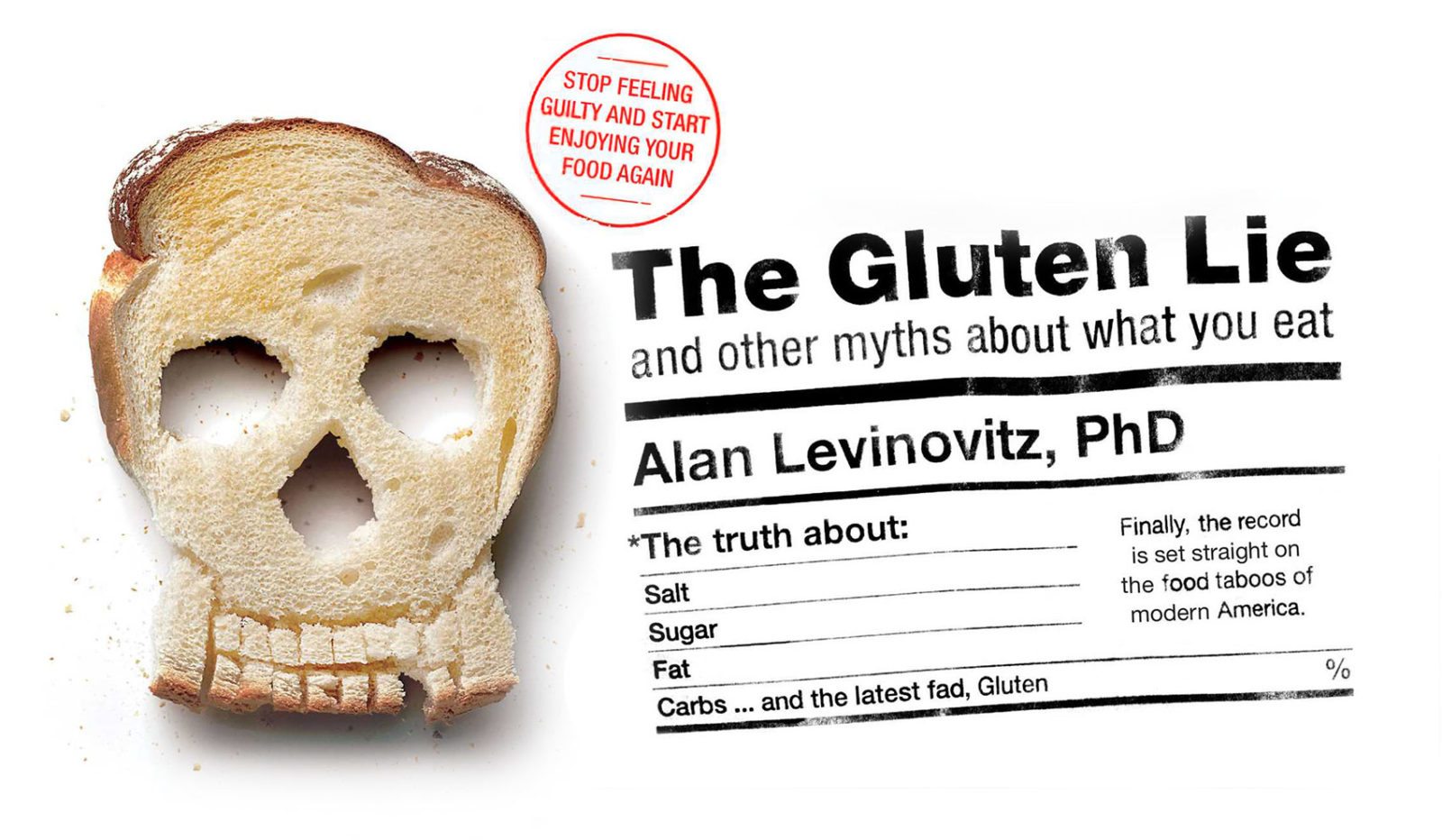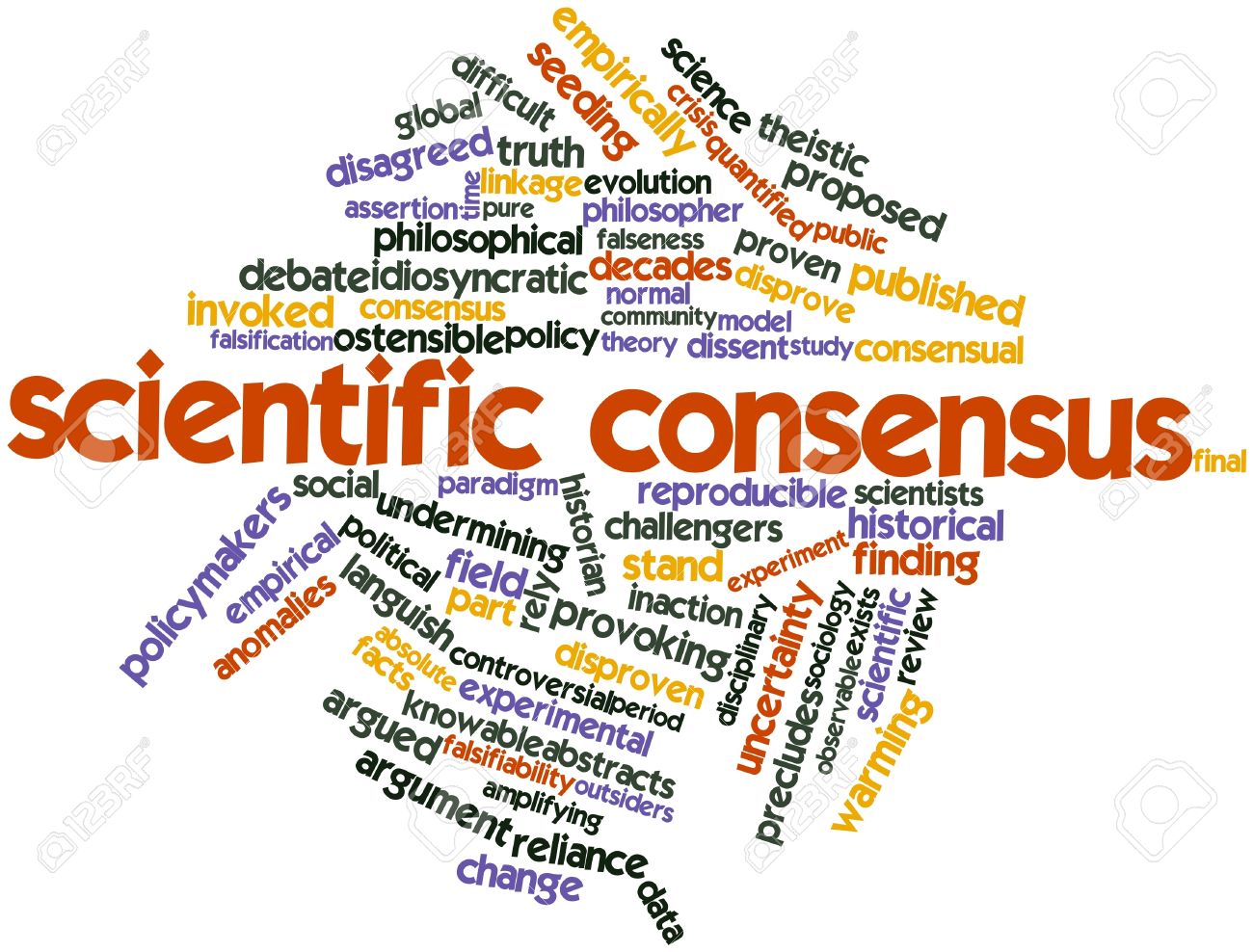Results for: autism
Deconstructing “200 Evidence Based Reasons NOT To Vaccinate”
So I was checking out my Facebook page when I stumbled across an article, entitled “200 Evidence Based Reasons NOT To Vaccinate” [PDF download] posted by a physician friend. He and I often post medically related articles for a laugh, and every so often, we stumble across something like this, and share it with those whom we know will laugh at the...

Bill Maher: Still an antivaccine crank after all these years
Bill Maher likes to represent himself as the epitome of rationality, primarily on the basis of his rejection of religion. However, rejection of religion does not necessarily make one a skeptic. Maher has demonstrated this over the last decade based on his embrace of antivaccine pseudoscience and other unscientific views. This time around, he fawned over antivaccine activist Robert F. Kennedy Jr.
“America’s Quack” strikes back
Those of you who read my not-so-super-secret other blog (or who follow the news) familiar with this, but I feel that what happened over the last couple of weeks with respect to a man to whom I like to refer as “America’s Quack” is worth posting right here, in modified form. Last week, a group of ten doctors led by Dr. Henry...

Ancient Origins of Modern Dietary Demons
There are few aspects of daily existence, particularly in modern society, that are more pervasive than advice on what we should eat. Everyone, including friends, family, strangers on Twitter and self-proclaimed experts in nutrition and health, seems to have an opinion on how to eat in order to improve and prolong our lives. Even legitimate organizations dedicated to the health and well-being...

Integrative medicine, naturopathy, and David Katz’s “more fluid concept of evidence”
Dr. David Katz is undoubtedly a heavy hitter in the brave new world of “integrative medicine,” a specialty that seeks to “integrate” pseudoscience with science, nonsense, with sense, and quackery with real medicine. In fairness, that’s not the way physicians like Dr. Katz see it. Rather, they see it as “integrating” the “best of both worlds” to the benefit of patients. However,...
Angelina Jolie, surgical strategies for cancer prevention, and genetics denialism (revisited)
Sometimes, weird things happen when I’m at meetings. For example, I just got home from the Society of Surgical Oncology (SSO) meeting in Houston over the weekend. Now, one thing I like about this meeting is that, unlike so many other meetings these days—cough, cough, ASCO, I’m looking at you—at the SSO there wasn’t a single talk I could find about “complementary...

On the “right” to challenge a medical or scientific consensus
While everyone has the "right" to challenge a scientific consensus, overthrowing a scientific consensus takes data. Lots and lots of data. Few people realize how difficult it is.
Evaluating milk and its substitutes
I knew milk alternatives were becoming mainstream when a new bakery/café appeared in my neighborhood. I ordered a latte and learned that they didn’t use milk. At all. Not only were the baked goods vegan, organic, “natural” and some were gluten-free, they were completely dairy-free for their coffee beverages. While everything looked and smelled great, I was shocked that they had no...

